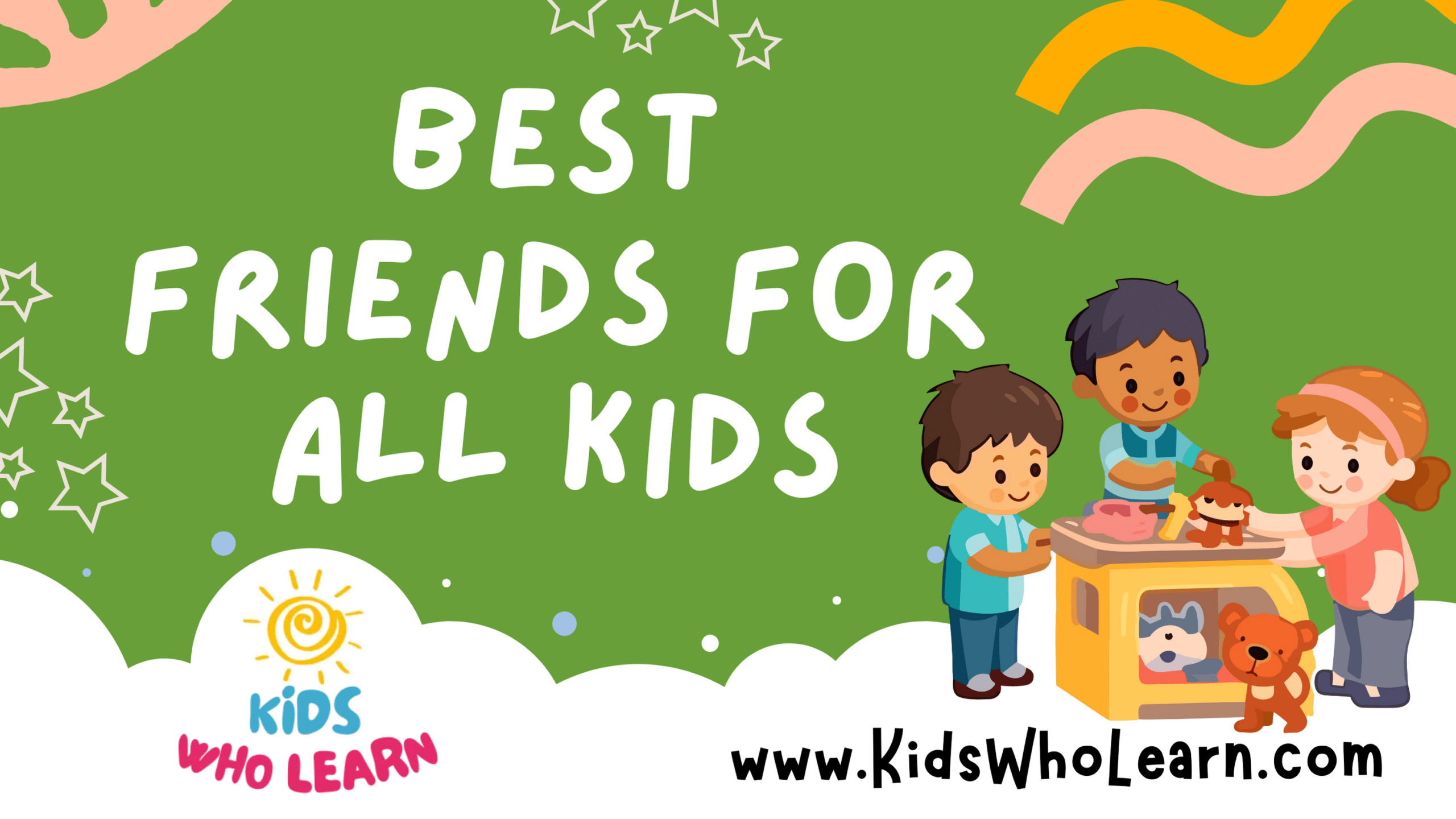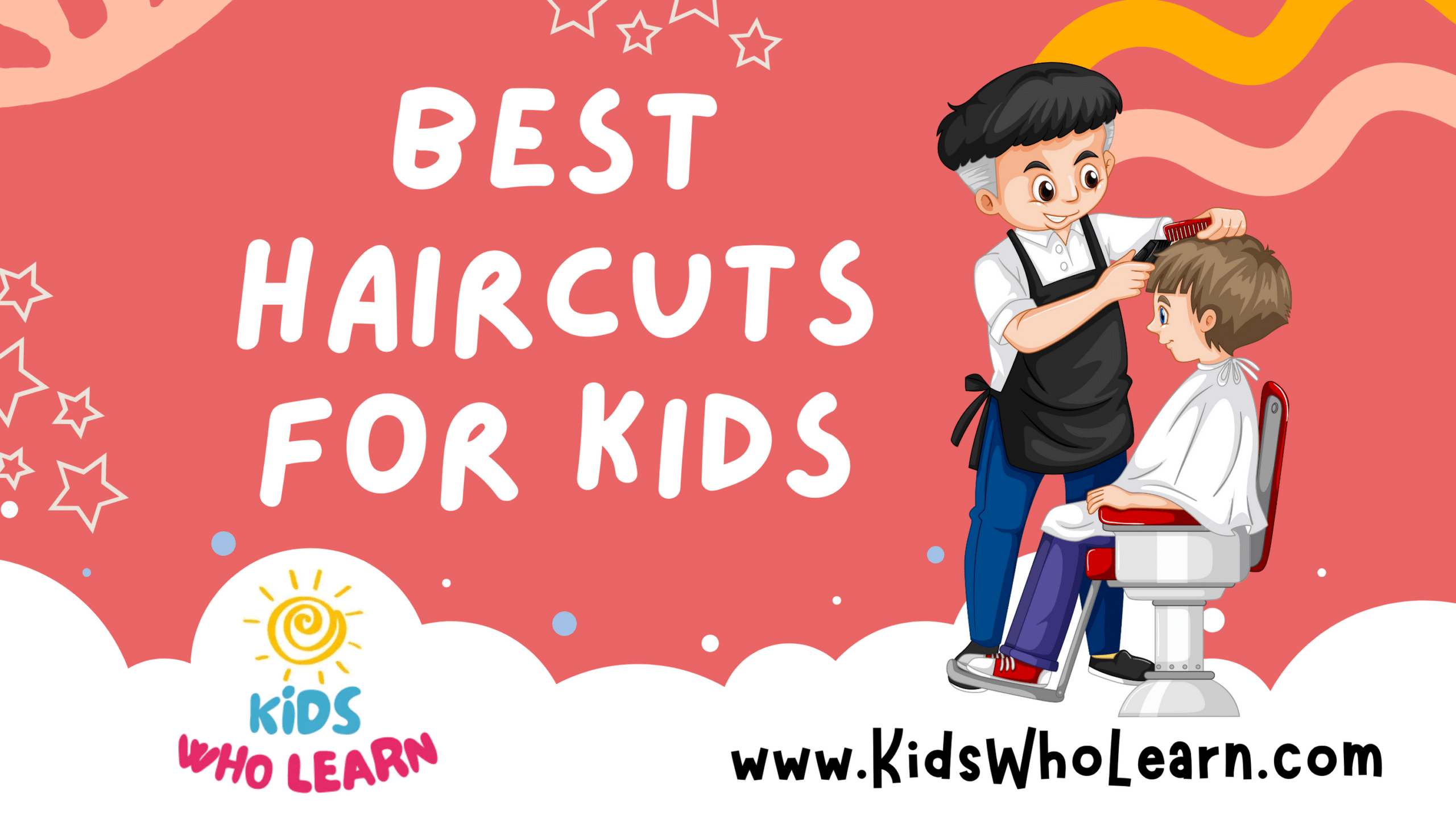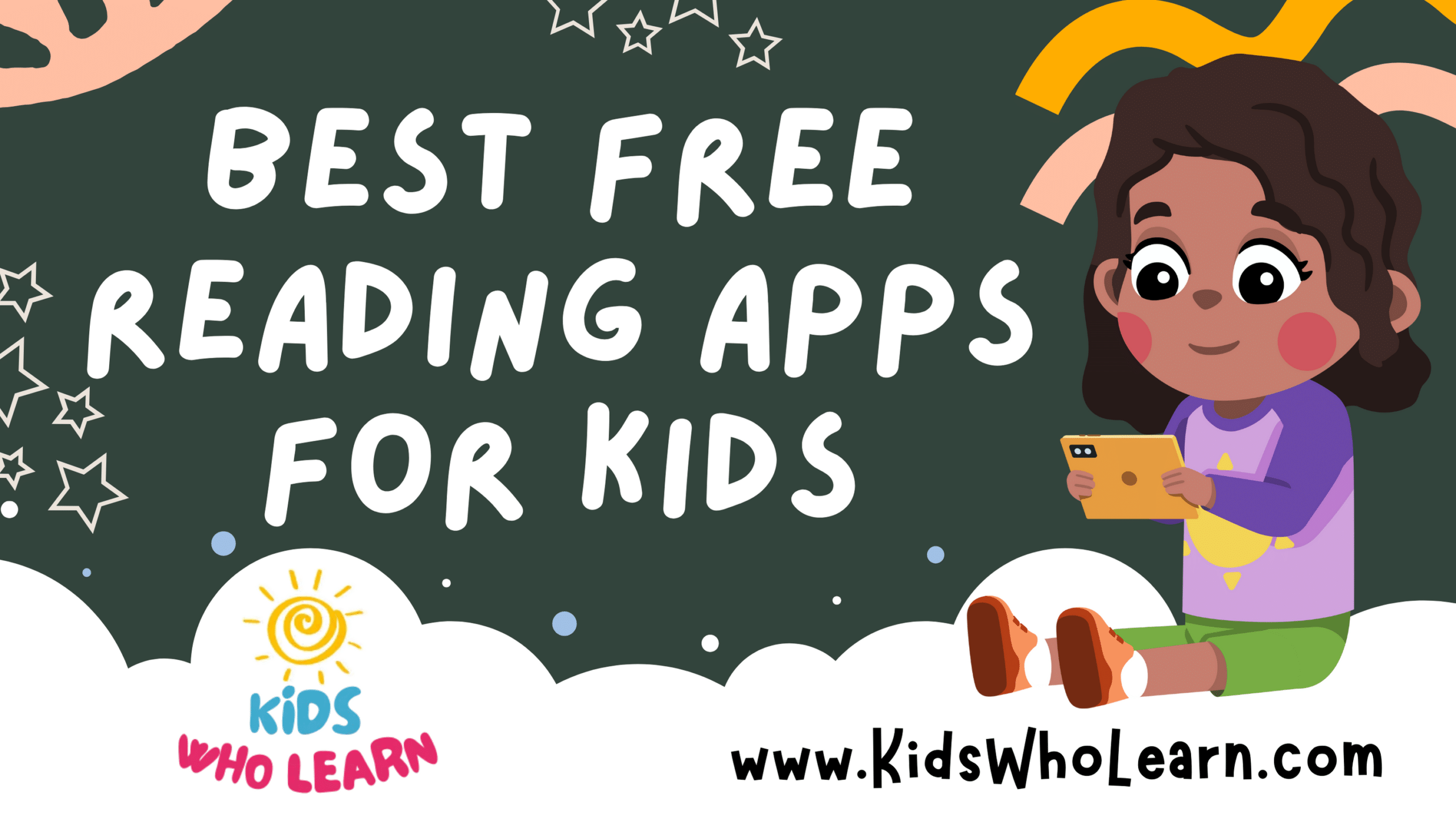Best friends are an integral aspect of childhood, offering companionship, emotional support, and the joy of a shared journey through the formative years of life. From the playground to the classroom, these special bonds often form the backbone of many cherished memories. Friendship during early childhood is not just about fun and games; it is a critical component of social and emotional development. It is through these relationships that children learn about trust, empathy, sharing, and how to navigate the complexities of human interactions.
As children grow, the role of parents and educators becomes crucial in guiding and fostering these friendships. It is important for adults to understand the dynamics of early friendships and to create environments that encourage positive and inclusive interactions. Observing friendships can also provide valuable insights into a child’s well-being and can be an early indicator of their social development. Whether it’s by facilitating play dates, mediating disputes, or celebrating connections, adults have a significant role in shaping the friendships that can last a lifetime.
In the journey of building long-lasting friendships, children will inevitably face challenges. Disagreements, misunderstandings, and the evolution of interests can put a strain on friendships. It is important for kids to learn how to overcome these obstacles and understand that challenges are a natural part of any relationship. By equipping children with the skills to navigate these issues, they can strengthen their friendships and continue to grow in their ability to connect with others, both within and beyond the playground.
Key Takeaways
- Friendship is crucial for childhood social and emotional development.
- Parents and educators play a key role in nurturing and guiding children’s friendships.
- Overcoming challenges in friendships is an important skill for lasting relationships.
Understanding Friendship in Early Childhood
In early childhood, the foundations of social and emotional development are significantly shaped through friendships. Your child learns vital skills like empathy, sharing, and communication by interacting with peers.
Defining Friendship for Kids
Friendship for kids is a bond formed between children who enjoy each other’s company. It often develops from shared experiences and mutual feelings of affection. As a good friend, your child learns to show compassion and support, understanding that qualities like being funny or kind make friendships stronger. Remember, a good friend:
- Demonstrates empathy
- Shares toys and experiences
- Is inclusive and caring
Emotional Development and Friendships
Your child’s emotional development is closely linked to the friendships they make. Through interactions with friends, preschoolers start to understand their own emotions as well as those of others, fostering empathy and compassion. These early connections can help combat feelings of loneliness and build confidence. Key elements of emotional development include:
- Recognizing and expressing feelings appropriately
- Developing empathy towards others
- Building confidence through positive reinforcements
Social Skills and Making Friends
Social skills are the tools your child uses to make and maintain friendships. These include communicating effectively, taking turns, problem-solving together, and being a good listener. Encouraging your child to practice these skills in various settings lays the groundwork for healthy social interactions. Here are some ways your child can develop these vital skills:
- Playing cooperative games that require teamwork
- Engaging in role-playing activities
- Practicing conversation with family members and other children
By focusing on these interactions, your child becomes adept at navigating the social world, learning to be a friend who is valued for their empathy, humor, and ability to have fun with others.
The Role of Parents and Educators
In helping kids forge lasting friendships, the influence of parents and educators is paramount. They provide the tools and guidance that can empower children to build social connections confidently and compassionately.
Nurturing Friendship Skills at Home
As a parent, you have the unique opportunity to model and reinforce positive social behaviors. Encourage your child to engage in role-playing to practice greetings and conversations. Start with simple scenarios:
- Greeting: Practice saying hello and exchanging names.
- Sharing: Take turns in role-playing activities to show the importance of sharing.
Teach empathy by discussing feelings and how actions affect others. This can be an effective way to support your child in understanding the nuances of social interactions and the value of making friends.
Teaching Friendship Skills in School
School is a social hub where children spend a significant portion of their day. Teachers play a crucial role in guiding kids on how to navigate friendships. Lessons on friendship can be incorporated into the curriculum through:
- Group Work: Encourage cooperative learning to foster teamwork and camaraderie.
- Class Discussions: Talk explicitly about qualities of a good friend and how to be inclusive.
Teachers should provide structured opportunities for shy students to interact with peers in a safe environment, slowly building their confidence in social settings.
Handling Loneliness and Shyness
If your child is shy or struggles with loneliness, provide gentle support and recognize that making friends can be a more challenging process. Here are a few strategies:
- Encourage Small Steps: A simple hello can be a big leap for a shy child. Celebrate these small victories.
- Join Structured Activities: Suggest that they join clubs or teams where making friends may come more naturally through shared interests.
Remember that it’s important to be patient and present as both a parent and educator when supporting children in their journey to develop and maintain friendships.
Crafting Healthy Friendships
In building strong and healthy friendships, the core elements like trust and respect are vital, as are positive activities. Understanding how negative actions such as bullying can impact relationships is also crucial for maintaining a solid friendship.
The Ingredients of a Good Friendship
- Trust: A cornerstone in any healthy friendship. When you trust someone, you believe they’ll always have your back.
- Respect: You must treat each other with consideration and understand individual boundaries.
- Kindness: Being kind means you are considerate and caring in your friend’s good and bad times.
These traits form the foundation of every good friendship. Displaying these qualities leads to strong bonds that can last a lifetime.
Activities to Foster Friendships
- Sharing Experiences: Whether it’s books, toys, or stories, sharing with your friends can strengthen your connection.
- Friendship Activities: Engage in games and activities either indoors or on the playground that include everyone and encourage teamwork.
| Activities | Description |
|---|---|
| Sports | Play games like soccer or basketball to promote teamwork. |
| Arts and Crafts | Collaborate on creative projects together. |
| Board Games | Develop strategic thinking and have fun in a group setting. |
Participating in activities together allows you to create memorable experiences and appreciate each other’s company.
The Impact of Bullying on Friendships
- Understanding Bullying: Recognize that bullying is hurtful behavior that can ruin the trust in friendships.
- Dealing with Bullying: Stand up for yourself and others. Talk to an adult you trust if bullying occurs on the playground or elsewhere.
Bullying can significantly damage friendships by breaking trust and creating an unsafe environment. It’s important to address bullying immediately to preserve the integrity of your relationships.
Overcoming Friendship Challenges
Friendship is not without its hurdles, yet navigating them successfully can fortify your bonds. The strategies below can help you maintain strong, healthy relationships despite the challenges.
Dealing with Peer Pressure
When friends urge you to do something you’re uncomfortable with, it’s essential to stay true to your values. Create a simple plan to handle such situations:
- Recognize: Be aware of when peer pressure is happening.
- Evaluate: Think about the consequences of the action.
- Decide: Make a choice based on your own values, not just on what others want.
The Value of Listening and Communication
Listening and communication are foundational to understanding each other’s perspectives. Use I-statements to express your feelings without blaming others:
- I feel [emotion] when [situation] because [reason].
This approach fosters open, stress-free dialogue and leads to more effective problem-solving.
Resolving Conflicts and Building Resilience
In disputes, aim for a win-win outcome where both sides feel heard and satisfied. Follow these steps for conflict resolution:
- Identify the issue by discussing each person’s point of view.
- Brainstorm possible solutions together.
- Agree on a solution that benefits everyone involved.
This process boosts resilience by showing that even difficult issues can be overcome with cooperation.
Celebrating Friendship
In the journey of life, friends are invaluable companions. Celebrating your best friend not only strengthens your bond but also creates cherished moments.
Friendship Day and Everyday Celebrations
Friendship Day is a special occasion to celebrate your bond with your best friend. You can mark this day by:
- Exchanging friendship bracelets: These are symbols of enduring friendship and are often handmade, showcasing the effort you put into your relationship.
- Crafting friendship rocks: Painting rocks with meaningful symbols or messages and exchanging them as a lasting token of companionship.
- Hosting a get-together: Invite friends to share memories, enjoy games, and celebrate the day dedicated to friendship.
In addition to Friendship Day, incorporating small gestures into everyday life, such as:
- A heartfelt text message
- Sharing a meal
- A surprise visit
helps maintain and nurture the bond you share with your best friend.
Creating Lasting Memories with Friendship Tokens
Creating and exchanging tokens can serve as memorable reminders of your friendship. These tokens could include:
- Photographs: Capture moments together in photos and create an album or a collage.
- Customized gifts: Personalize items that symbolize your friendship.
By exchanging these meaningful items with your best friend, you celebrate and cherish your unique connection. Remember, it’s the thought and the shared memories that count, rather than the material value of the tokens.
Friendship and School Dynamics
In school, your interaction with friends and peers can shape your educational experience. Friendships often extend into various aspects of school life, affecting not only personal but also academic development.
The Role of Group Activities and Clubs
Middle school is a prime time for you to join groups that interest you. Becoming a part of clubs or participating in group activities offers numerous chances to forge new friendships. In these settings, you’re likely to meet peers with common interests, which can serve as a foundation for strong friendships. For example, a science club might include activities such as:
- Weekly experiments where you collaborate with classmates.
- Field trips that pair you with a buddy system, integrating life skills such as teamwork and communication.
- Club meetings where roles and responsibilities are shared, teaching the value of cooperation.
Integrating Friendship Lessons into the Curriculum
Your school can include friendship lesson plans in the curriculum to enhance your understanding of healthy relationships. These lessons are crucial as they provide structured opportunities for you to learn and practice important interpersonal skills. For instance, during a social studies class, you might:
- Discuss historical figures and the role of friendships in their lives.
- Role-play scenarios that involve conflict resolution among friends.
- Complete projects that require partnering with classmates, highlighting the importance of collaboration and respect.
Incorporating these friendship concepts into subjects like literacy and social studies helps to embed these vital life skills into your daily learning process.
Building Friendship Beyond the Playground
Friendships formed on the playground can be deepened through shared interests and meaningful connections. Technology also offers new ways to maintain these bonds, especially through social media platforms.
Encouraging Inclusive and Meaningful Connections
In your journey to build friendships beyond swings and slides, focus on finding common ground with your best friends. You may discover shared interests in books, sports, creative arts, or science projects. Use these shared passions to coordinate activities such as joining a book club, forming a sports team, or starting a hobby group. These activities facilitate regular interactions and help cement the bonds you share.
- Shared Interests: Schedule regular meet-ups, such as weekly book readings or monthly science experiments.
- Inclusive Activities: Invite new peers to join, ensuring everyone feels welcome.
- Regular Interactions: Set up a group chat for planning and sharing moments.
Digital Friendships: The Role of Social Media
Social media platforms like Facebook can be instrumental in nurturing friendships outside the school environment. They allow you to stay in touch, share experiences, and organize events even when you can’t meet face-to-face.
- Create a Group: Use Facebook to set up a private group for your circle of friends to share updates, photos, and events.
- Messaging: Utilize direct messaging for personal conversations or to check in on your friends.
- Online Safety: Be aware of online safety. Keep personal information private and only accept friend requests from people you know in real life.
Remember, while social media is a useful tool for maintaining connections, it’s important to balance online interactions with in-person meetups whenever possible.
Frequently Asked Questions
Toys and games are powerful tools for teaching children about friendship. Here, you’ll find information on toys that encourage social skills and help foster friendships.
What are the top-rated friendship-themed toys for children?
The top-rated friendship-themed toys often include cooperative board games that require teamwork, plush toys from series that emphasize friendship values, and interactive electronic toys that encourage communication and shared play experiences.
How do educational toys promote social skills among kids?
Educational toys that focus on turn-taking, role-playing, and collaborative problem-solving can significantly enhance social skills. These toys encourage children to listen, communicate effectively, and work together, which are essential aspects of forming and maintaining friendships.
What are some age-appropriate friendship-building games for young children?
For young children, friendship-building games include simple board games that promote teamwork, outdoor games that involve group participation, and card games that teach young kids about taking turns and good sportsmanship.
Can playing with character dolls from shows like ‘Friends’ enhance kids’ social play?
Character dolls, especially from shows like ‘Friends,’ provide recognizable social scenarios for children to re-enact. This play can help them explore and practice social interactions and the dynamics of friendship in a familiar context.
What should parents look for in selecting friend-themed playsets?
When selecting friend-themed playsets, look for those that include multiple figures for interaction, settings that encourage imaginative play, and accessories that enhance storytelling. Make sure the playset is age-appropriate and promotes cooperative play.
How do toys based on popular media, like Animal Crossing, impact children’s understanding of friendship?
Toys based on popular media like Animal Crossing allow children to engage with characters and situations that showcase various aspects of friendship, including cooperation, empathy, and conflict resolution. This can help children understand and navigate their social relationships through play.







